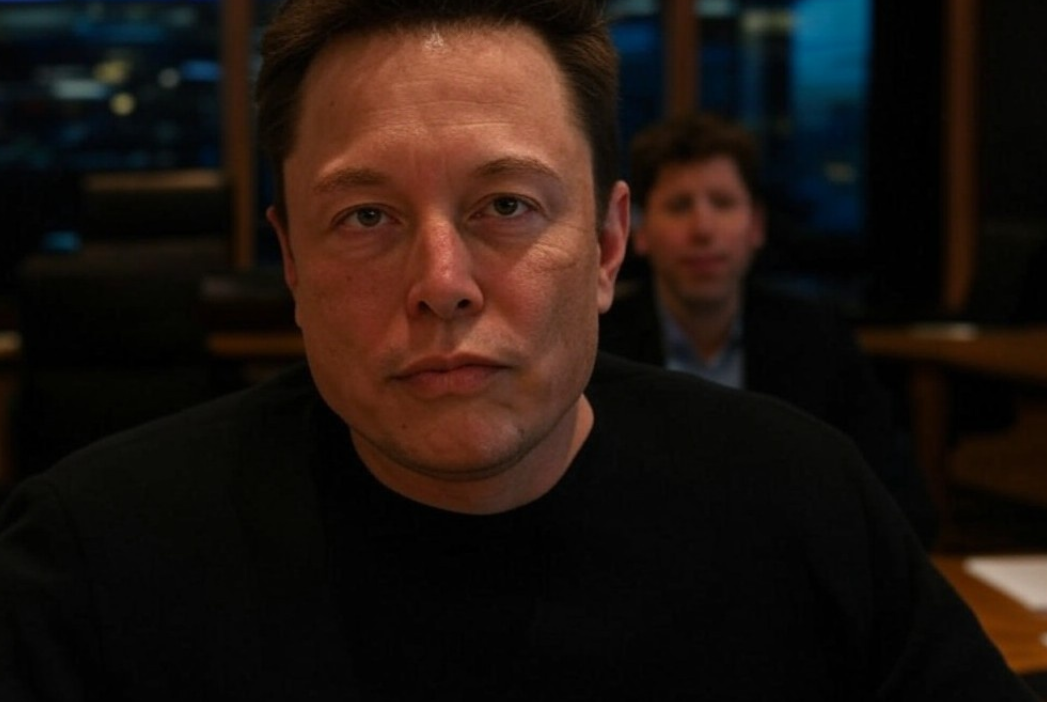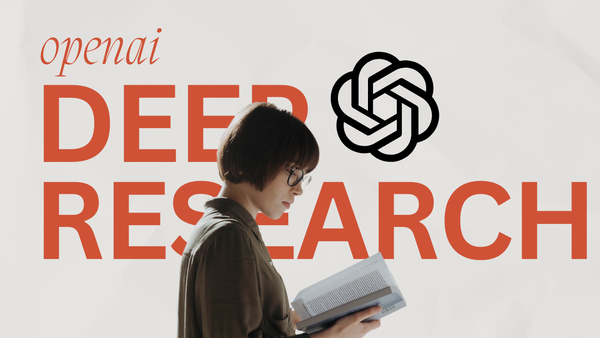In what can only be described as a blockbuster move in the tech industry, Elon Musk has escalated his ongoing feud with OpenAI by making a staggering $97.4 billion offer to acquire the company. This bid, publicized on February 11, 2025, comes as no surprise to those who have followed Musk's criticisms of OpenAI's shift from its original non-profit mission to a for-profit model under the leadership of Sam Altman.
Musk's bid is not just about control; it's a statement of his philosophy on artificial intelligence. Having co-founded OpenAI in 2015 with a vision to ensure AI benefits humanity, Musk has been vocal about his disapproval of how the organization has evolved, especially after it transitioned to a "capped-profit" model in 2019. His latest move is seen by many as an attempt to steer OpenAI back to its roots, focusing on open-source development and prioritizing AI safety over profit.
The response from Sam Altman was swift and characteristically sharp. Via a post on X, Altman countered Musk's bid with a jest, offering to buy X (formerly Twitter) for $9.74 billion, a play on the price Musk himself paid for the platform. This exchange not only underscores the personal and professional animosity between the two but also highlights the complex dynamics at play in the AI sector where personal visions clash with corporate realities.
OpenAI, under Altman's stewardship, has been on a trajectory of significant growth and investment. With plans to raise up to $40 billion in a funding round led by SoftBank, aiming for a valuation of around $300 billion, Altman's strategy has been to leverage substantial investments to accelerate AI development. Musk's bid, therefore, comes at a pivotal moment when OpenAI is not just navigating its business model but also defining its role in the global AI landscape.
The tech community, investors, and observers are watching closely. On platforms like X, the conversation ranges from the humorous to the deeply analytical. Some see Musk's bid as a strategic play to either gain leverage or to challenge the current AI development ethos. Others interpret it as a genuine concern for the trajectory of AI, fearing that without a shift, AI might prioritize commercial gains over societal benefits.
The legal and ethical implications are significant. If Musk's bid were to be taken seriously, it would likely lead to a complex negotiation or possibly legal battles, given the existing corporate structure of OpenAI and Musk's previous legal entanglements with the organization. Moreover, this scenario raises questions about the governance of AI, the balance between innovation and ethics, and how much power should be concentrated in the hands of a few tech moguls.
For Altman, the challenge is twofold. First, to navigate through this high-stakes drama while keeping OpenAI's momentum. Second, to maintain the trust of investors and the tech community who might be wary of the drama overshadowing the company's mission. Altman's counter-offer, while humorous, also serves as a reminder of his strategic thinking, potentially aiming to distract from Musk's aggressive move by shifting the conversation.
The broader implications for the tech industry are profound. This clash is not just about one company or one technology; it's about setting precedents for how AI should be developed, owned, and used. Should AI entities be driven by profit or by a mission to benefit humanity? How do we ensure AI's ethical development in an industry where competition is fierce?
Moreover, this saga could influence how other tech giants and startups approach AI acquisitions, partnerships, or their own development paths. It might lead to a reevaluation of corporate governance in tech, especially in sectors dealing with technologies that have far-reaching societal impacts like AI.
As we stand at this juncture, the outcome of Musk's bid for OpenAI remains uncertain. Whether this leads to a change in OpenAI's direction, a legal standoff, or simply fades as another chapter in tech lore, it has undeniably sparked a necessary conversation about the future of AI, its governance, and its place in our society. The tech world watches, debates, and waits, knowing that whatever happens next could set the tone for AI's development for years to come.






